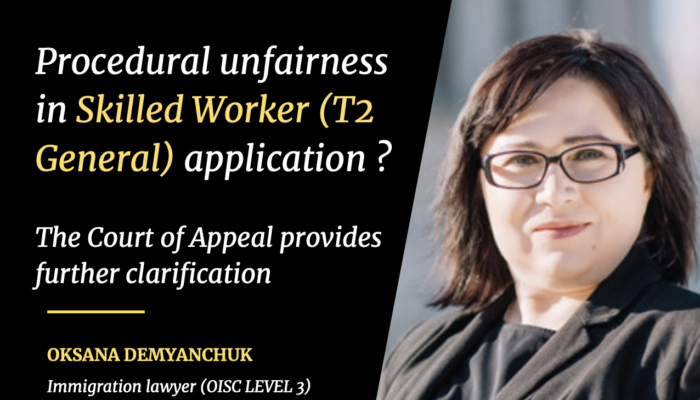Cohabitation Matters

Cohabitation is becoming increasingly common in today’s society. Many couples are choosing to live together without getting married, either as a step toward marriage or as an alternative to it. While cohabitation can be a rewarding and fulfilling experience, it can also be fraught with legal complexities that can cause problems for couples down the road. That’s why it’s important to seek legal advice when entering into a cohabitation agreement.
What is Cohabitation?
Cohabitation is the act of living together as a couple without being married. This can be in the form of living together as roommates, or it can be as a romantic relationship. Cohabitation can be a temporary arrangement or a long-term commitment, and it can occur at any stage of a relationship.
Legal Issues Surrounding Cohabitation
While cohabitation is becoming more common, the law has not kept pace with this trend. In many states, cohabitation is not recognized as a legal relationship. This means that cohabiting couples do not have the same legal rights and protections as married couples, even if they have been together for many years.
Some of the legal issues that can arise in a cohabitation relationship include:
- Property ownership: When a couple lives together, they may accumulate property and assets together. If the relationship ends, it can be difficult to determine who owns what. This can lead to disputes over property, which can be expensive and time-consuming to resolve.
- Finances: When a couple lives together, they may also share expenses and financial obligations. This can include rent, utilities, groceries, and other living expenses. If the relationship ends, it can be difficult to determine how to divide these expenses.
- Children: If a couple has children together while cohabiting, there may be issues related to child custody and support. This can be especially challenging if the couple did not have a formal agreement in place.
- End of relationship: If the relationship ends, there may be issues related to how to divide property, finances, and other assets. There may also be disputes over custody of children and other matters.
Benefits of Seeking Legal Advice
Given the legal complexities surrounding cohabitation, it’s important to seek legal advice when entering into a cohabitation agreement. Here are some of the benefits of seeking legal advice:
- Protect your legal rights: When you enter into a cohabitation agreement, you want to make sure that your legal rights are protected. A qualified attorney can help you understand your rights and obligations, and can work with you to create an agreement that reflects your wishes and protects your interests.
- Avoid legal disputes: By working with an attorney to create a cohabitation agreement, you can avoid legal disputes down the road. If a dispute does arise, your attorney can help you navigate the legal system and work toward a resolution.
- Ensure clarity: A well-drafted cohabitation agreement can help ensure clarity around issues related to property ownership, finances, and other matters. This can be especially helpful if the relationship ends, as it can help prevent misunderstandings and disputes.
- Protect your future: When you enter into a cohabitation agreement, you are taking steps to protect your future. By working with an attorney to create an agreement, you can help ensure that your interests are protected, both now and in the future.
Creating a Cohabitation Agreement
When you decide to enter into a cohabitation agreement, it’s important to work with a qualified attorney who can help you create a legally binding agreement that reflects your wishes and protects your interests. Sterling Law can help you create cohabitation agreements that protect you and your partner’s property and rights, and help you navigate trust and land law, which ultimately decides how property is divided otherwise
We are a modern and innovative boutique law firm with a flexible «can-do» approach. Our cross-domain specialisation allows for seamless solutions whether you are a business or an individual, allowing us to solve most complex problems, where several areas of law are involved.


















